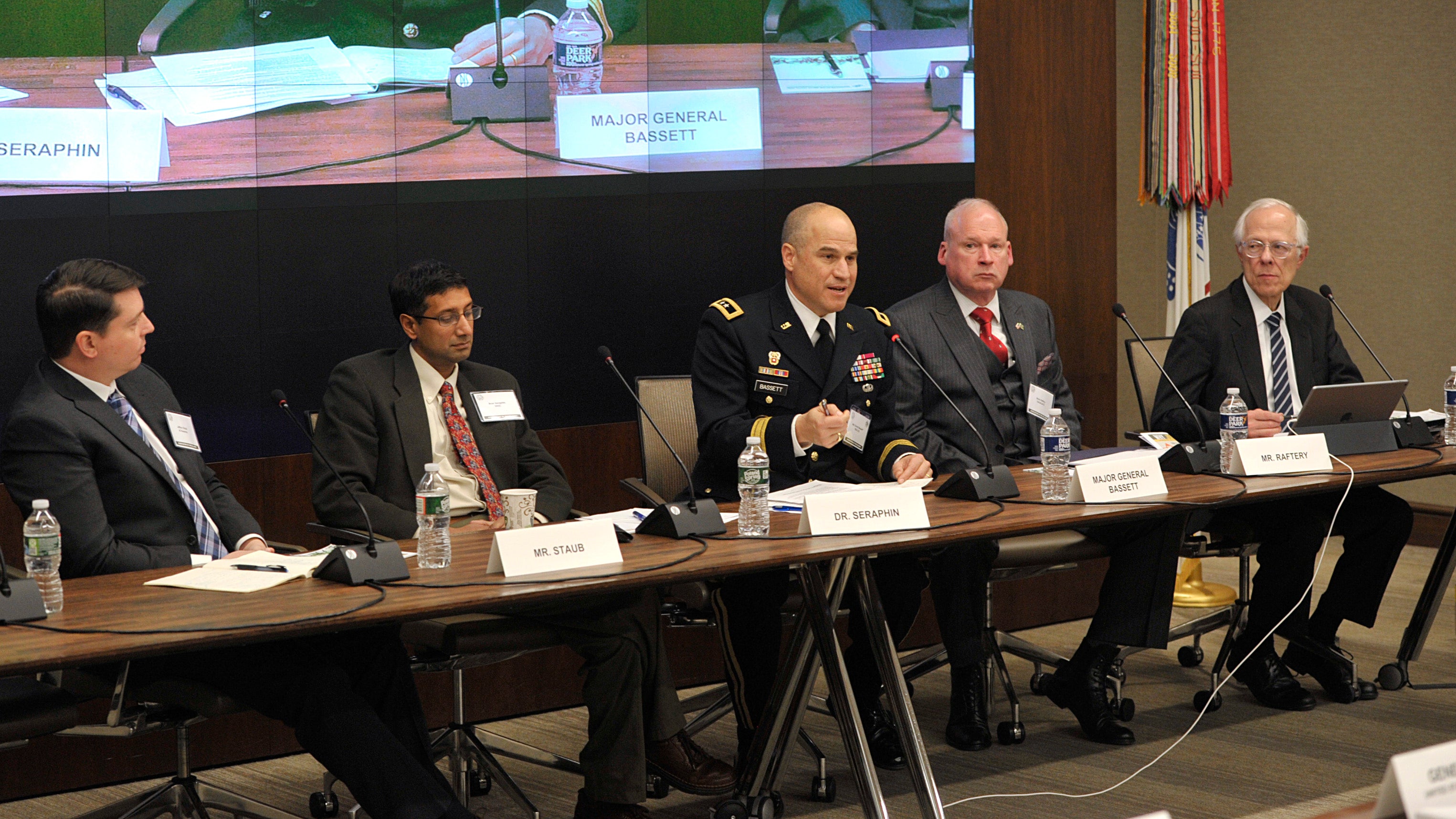Protect Advances in Manufacturing, Tech
Protect Advances in Manufacturing, Tech

The Army’s efforts to modernize its industrial manufacturing processes with advanced technology will allow the creation of “things we never could have envisioned,” a senior leader said, cautioning that digital engineering properties created as part of the process would be vulnerable to theft or hacking.
Maj. Gen. David Bassett, program executive officer for Command, Control and Communications (Tactical) at Aberdeen Proving Ground, Maryland, acknowledged that “the time has come for defense manufacturing in this country to modernize,” but pointed out that if the Army is “serious about digital engineering, we should be serious about the cyber protection of that digital engineering data.”
“It’s one thing to have someone take a picture of one of our advanced capabilities. It’s another thing to have a digital design document which shows exactly how to build it,” Bassett said Dec. 4 during a Hot Topic forum on Army Acquisition and Contracting hosted by the Association of the U.S. Army. “I do get nervous that we can’t just rush into this future without making sure we’re locking the gates and protecting the nation’s intellectual property for these advanced military capabilities.”
A new policy put forth Sept. 18 by Army Secretary Ryan McCarthy aims to enable readiness and modernization through advanced manufacturing. The initiative seeks to use “innovative technologies to create new or improved products or processes” that include 3D printing, robotics, artificial intelligence and composite materials.
“There are techniques and materials and processes available to us in the digital world that should make it significantly more efficient, even at relatively low volumes of production,” Bassett said. He noted that the digital process could allow the Army to “build things we never could have envisioned,” but he also emphasized the vulnerability of cyber products.
“It takes us a long time to develop advanced technology; it can be stolen from us in an instant,” he said. “We do not want to enable our adversaries to replicate the kinds of investments we’ve made over many years and with many dollars.”

